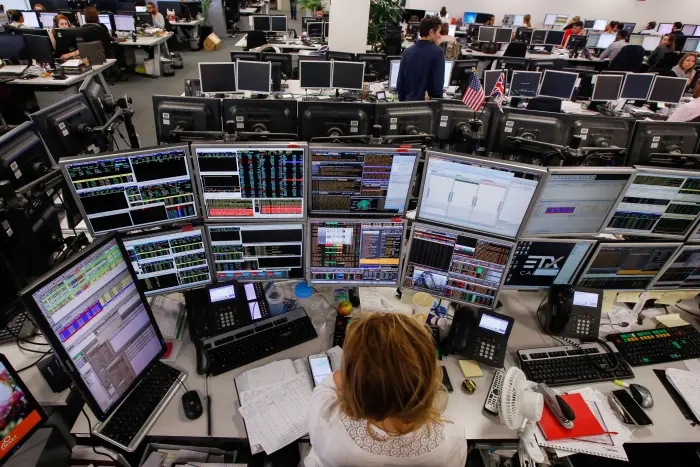
There hasn’t been much news for markets to trade on overnight, with Italian politics and Brexit making some headlines. Global equity markets have fallen after the previous session’s solid gains, while global rates have also reversed course and show falls across the board. Currency markets remain unexciting, with the NZD still tightly range-bound.
The Italian political scene has flared up again, as it seems to occur on a regular basis. Conte resigned as Italy’s Prime Minister after a fall-out with Salvini, head of the anti-immigration party. Weeks earlier, Salvini had called for a snap election. The market didn’t take the news badly at all, seeing prospects of yet another possible reshuffling of the government and a way to perhaps avoid a new set of elections. The next step will be President Mattarella to consult party leaders to decide if there is scope to form a new coalition.
Brexit news remains forefront of mind as we get closer to a possible no-deal Brexit on 31 October. On Monday UK PM Johnson wrote a letter to the EU which argued for a renegotiation of the Irish backstop in the EU Withdrawal Agreement, as it was considered undemocratic, without proposing any solution. This has been promptly rejected by the EU, with President Tusk saying, “The backstop is an insurance to avoid a hard border on the island of Ireland unless and until an alternative is found...those against the backstop and not proposing realistic alternatives in fact support re-establishing a border even if they do not admit it.”
GBP weakened to as low as 1.2065 after Tusk’s response to the Johnson letter but has subsequently rallied after Germany’s Chancellor Merkel adopted an optimistic tone and said that “we will think about practical Brexit solutions”. GBP has recovered strongly to 1.2170 and is now up 0.4% for the day. Johnson will be visiting Merkel today so we’ll see what news comes out of that and report back tomorrow. The Merkel soundbite also supported EUR, taking it back up through 1.11 and up 0.2% for the day.
The NZD remains tightly range-bound, dipping to 0.6403 around midday NZ time yesterday and showing a spike of 0.6429 just after midnight, so call it a 26pip range. The GDT dairy auction showed a smaller than expected fall in the price index, down on 0.2%, with a 2.1% rise in whole milk powder providing a significant offset. The AUD showed a small lift after the RBA minutes were released, even though they contained little new information, and it is holding up around 0.6780, with NZD/AUD flat at 0.9470.
Against a backdrop of falling global rates, JPY is well supported, with USD/JPY down 0.3% to 106.30. Bloomberg has run a story highlighting how speculative positioning has turned positive, after being negative for much of the past few years. Hedge funds see JPY as the safe-haven of choice in the current global economic environment, while the BoJ has limited options to ease policy further to keep up with other central banks. We concur with that view. NZD/JPY is tracking around levels not seen since 2012, just above 68, and our projections show scope for a further move down to 64.
The global equities and rates markets show some reversal of moves seen earlier in the week, with the S&P500 currently down 0.5% on a light news day and the US 10-year Treasury yield down 5bps to 1.55%, taking it back to levels prevailing at the end of last week. The FT reports an interview with Pimco’s chief investment officer. Pimco, one of the world’s largest bond funds, has pared its positions in government debt, noting that the sheer power of the rally over the summer means that the balance of risks has now shifted. Pimco has been lightening up on its positions in the UK, European and — to a lesser extent — the US government bond markets.
Yesterday, the NZ yield curve showed further steepening pressure, with the 10-year swap rate up 2bps to 1.25% and the 2-year swap rate flat at 0.95%.
The day ahead looks to be another quiet one, with a bare economic calendar ahead of Canada CPI data tonight and FOMC meeting minutes early tomorrow morning.

We welcome your comments below. If you are not already registered, please register to comment
Remember we welcome robust, respectful and insightful debate. We don't welcome abusive or defamatory comments and will de-register those repeatedly making such comments. Our current comment policy is here.